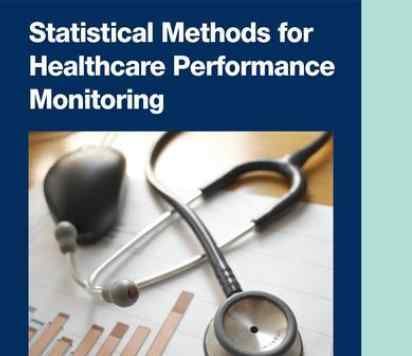BibTex format
@article{Faiz:2011:10.1111/j.1463-1318.2010.02277.x,
author = {Faiz, O and Haji, A and Burns, E and Bottle, A and Kennedy, R and Aylin, P},
doi = {10.1111/j.1463-1318.2010.02277.x},
journal = {Colorectal disease : the official journal of the Association of Coloproctology of Great Britain and Ireland},
pages = {816--822},
title = {Hospital stay amongst patients undergoing major elective colorectal surgery: predicting prolonged stay and readmissions in NHS hospitals},
url = {http://dx.doi.org/10.1111/j.1463-1318.2010.02277.x},
volume = {13},
year = {2011}
}
RIS format (EndNote, RefMan)
TY - JOUR
AB - AIM: Reduced hospital stay confers clinical and economic benefits for patients and healthcare providers. This article examines the length of stay and consequent bed resource usage of patients undergoing elective excisional colorectal surgery in English NHS trusts. METHOD: All patients undergoing elective colorectal resections for malignancy between 1996 and 2006 in English NHS trusts were included from the Hospital Episode Statistics data set. Unifactorial and multifactorial analyses were performed to identify independent predictors of prolonged stay and 28-day readmission. RESULTS: Over the 10-year period, 186,013 patients underwent elective colorectal procedures in 181 NHS trusts. About 2.893 b million bed days were utilized for elective colorectal surgery. Admission stay was shorter following colonic surgery than following rectal surgery (median 11 vs 13 days, P < 0.001). A 2-day decrease in median stay was observed over the 10-year period for both colonic and rectal procedures. Readmissions within 28 days of discharge were higher following rectal excision than following colonic surgery (9.4 vs 7.6%, P < 0.001). Multiple logistic regression analyses revealed the following independent predictors of prolonged hospital stay: distal (vs proximal) bowel resection, benign pathology, open technique, increasing age, comorbidity, social deprivation and low provider volume status. Independent predictors of 28-day readmission included distal bowel resection, benign diagnosis, young age, social deprivation and high provider volume status. CONCLUSION: Patients of advanced age, with associated comorbidities, and those living in areas of social deprivation are at increased risk of prolonged stay. Targeted pre-emptive discharge planning and enhanced use of laparoscopic surgery could improve bed resource utilization.
AU - Faiz,O
AU - Haji,A
AU - Burns,E
AU - Bottle,A
AU - Kennedy,R
AU - Aylin,P
DO - 10.1111/j.1463-1318.2010.02277.x
EP - 822
PY - 2011///
SN - 1463-1318
SP - 816
TI - Hospital stay amongst patients undergoing major elective colorectal surgery: predicting prolonged stay and readmissions in NHS hospitals
T2 - Colorectal disease : the official journal of the Association of Coloproctology of Great Britain and Ireland
UR - http://dx.doi.org/10.1111/j.1463-1318.2010.02277.x
UR - http://www.ncbi.nlm.nih.gov/pubmed/20402737
VL - 13
ER -
